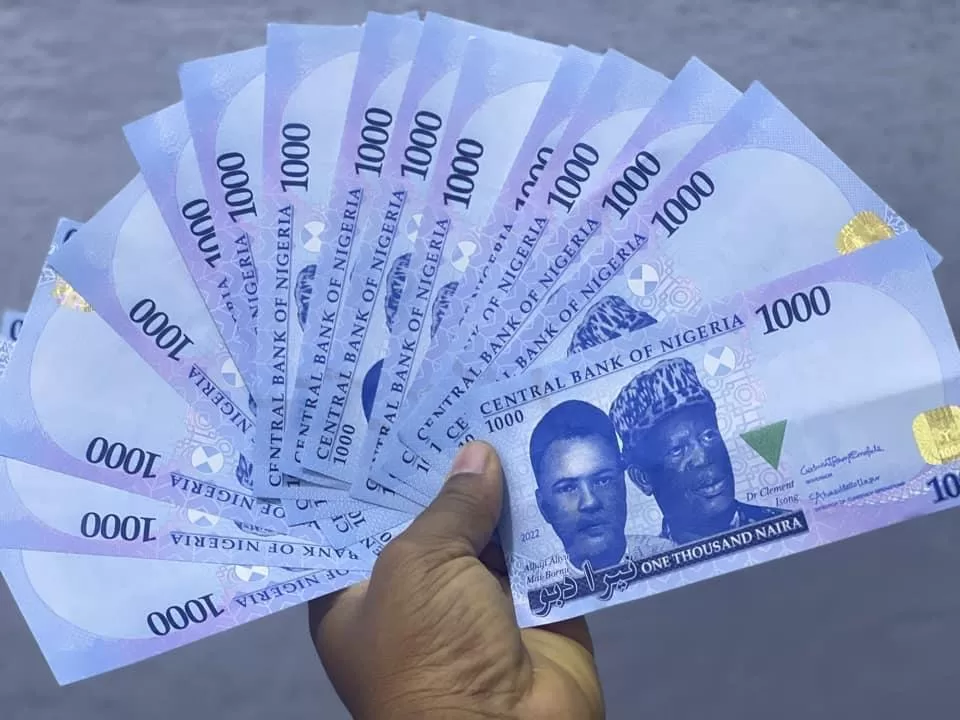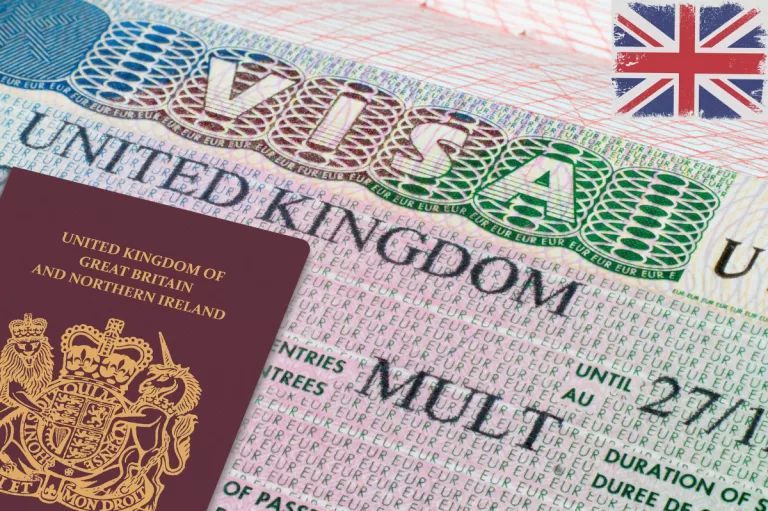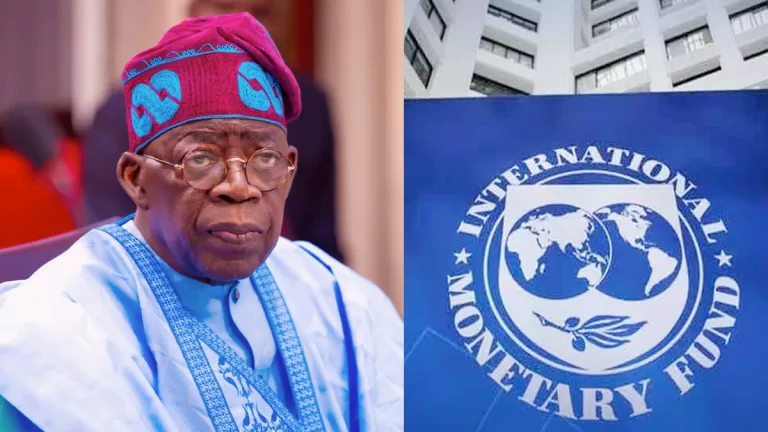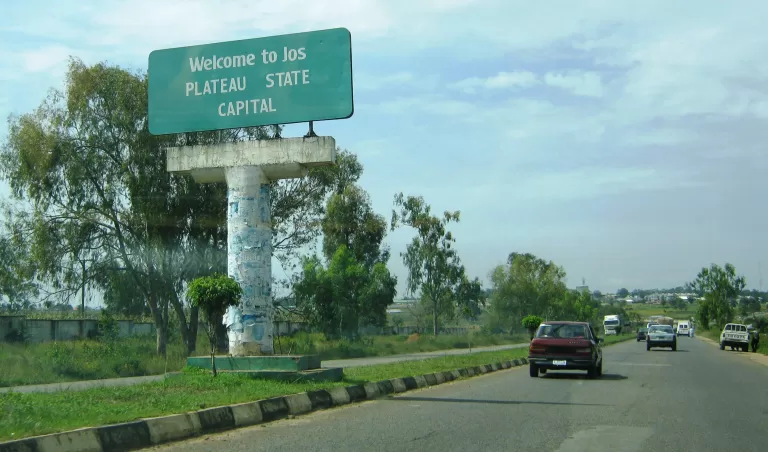
Each month, the Federation Account Allocation Committee (FAAC) distributes revenue among the three tiers of government in Nigeria—the Federal Government, State Governments, and Local Government Councils. While this monthly ritual garners attention primarily for the amounts shared, it is equally important to understand the constitutional purpose behind the allocation of these funds. According to the 1999 Constitution of the Federal Republic of Nigeria (as amended), the money shared from the Federation Account is not free cash but public revenue legally designated for specific governance responsibilities at each level.
The Constitution, particularly Section 162(3), provides that “any amount standing to the credit of the Federation Account shall be distributed among the Federal, State and Local Governments…” This is not a discretionary distribution; it is guided by legal principles and intended to enable each tier of government to fulfill its assigned functions under the law. These functions are laid out in the Second Schedule of the Constitution, which divides governance responsibilities into the Exclusive, Concurrent, and Residual legislative lists.
Constitutionally, the funds are to be used for:
1. Federal Government (FG):
Uses its allocation to fund items on the Exclusive Legislative List, which includes:
- National defense and security
- Foreign affairs
- Aviation, customs, and immigration
- Higher education (federal universities and polytechnics)
- Federal roads and transport infrastructure
- Regulation of commerce and industry
- National health and federal hospitals
- National judiciary and law enforcement agencies
2. State Governments
Apply their share to matters on the Concurrent Legislative List and state-level responsibilities:
- Primary and secondary education
- Health care delivery at state hospitals and health centers
- Agricultural development
- Intra-state road networks
- State judiciary and civil service
- Water supply and sanitation
- Housing and urban development
They may also implement poverty alleviation, youth empowerment, and economic development programs based on state needs.
3. Local Government Councils:
- Handle grassroots governance and development, including:
- Community development services
- Primary education (in collaboration with states)
- Primary health care
- Sanitation and waste management
- Markets and motor parks
- Maintenance of local roads and streets
In addition to these general functions, there is a specific provision for oil-producing states. Thirteen percent of the revenue derived from natural resources is paid to these states as derivation revenue. This is enshrined in Section 162(2) of the Constitution and is aimed at compensating these states for environmental degradation and other socio-economic costs associated with resource extraction. These funds are expected to be invested in sustainable development, infrastructure, and human capital development within the affected communities.
The role of the Revenue Mobilisation Allocation and Fiscal Commission (RMAFC) is crucial in this process. It not only advises on allocation formulas but is also empowered to monitor how these funds are spent. The goal is to ensure that public funds are used strictly for constitutionally assigned responsibilities and not diverted for personal or political interests.
The revenue shared by FAAC is not merely a fiscal exercise; it is a constitutional obligation tied to the governance framework of Nigeria. Each tier of government is legally bound to use its share of the funds to deliver essential services, implement development programs, and fulfill its constitutional duties to the people. Understanding this legal context provides a clearer lens through which Nigerians can hold their leaders accountable and demand responsible, transparent use of public resources.
How Can Citizens Monitor FAAC Funds and Hold Leaders Accountable
In a democracy like Nigeria, the power of governance ultimately resides with the people. Although the Constitution assigns the use of FAAC allocations to different tiers of government, it is the responsibility of citizens to ensure that these public funds are used transparently, efficiently, and for the intended purposes. While corruption, opacity, and bureaucratic resistance have historically weakened public accountability, Nigerians today have multiple tools, rights, and legal pathways to track public spending and demand accountability from their leaders.
1. Understanding Your Right to Know
Section 14(2)(c) of the 1999 Constitution declares that “the participation by the people in their government shall be ensured…” This constitutional provision affirms citizens’ right to demand transparency. In addition, the Freedom of Information (FOI) Act, 2011 empowers every Nigerian to request information from any public institution—including financial records, budget plans, and expenditure reports—without having to show a reason.
What citizens can do:
- Submit FOI requests to federal, state, or local governments asking how FAAC allocations are spent.
- Ask for implementation reports of projects tied to FAAC funding in their communities.
2. Tracking Budgets and Expenditure Reports
Governments at all levels publish budget documents and financial reports, although accessibility and timeliness vary. Civil society organizations and budget transparency portals have made this easier.
Tools and platforms to use:
- BudgIT (yourbudgit.com): Tracks budgets and FAAC allocations. Provides infographics, reports, and tools for citizens to engage.
- Nigeria Open Budget Portal (budgetoffice.gov.ng): Hosts federal budget data.
- State Budget Websites: Some states now publish their own budget and spending dashboards.
- NEITI (neiti.gov.ng): For monitoring oil revenues and derivation allocations.
3. Community Monitoring and Social Audits
Citizens can form or join community-based groups to monitor government projects funded through FAAC allocations. These could include school renovations, road construction, health centers, or market development.
How to take action:
- Attend town hall meetings and ask specific questions about project implementation.
- Create or participate in community WhatsApp groups or Facebook pages focused on local development.
- Work with NGOs or civil society groups that organize “social audits”—public inspections of projects to determine if funds were used correctly.
4. Engaging the Media and Digital Platforms
The rise of digital journalism and social media gives Nigerians a powerful platform to expose misuse of public funds and amplify demands for accountability.
Tactics to use:
- Tag government officials on social media with questions or documented evidence of abandoned projects.
- Write letters to media houses or contribute op-eds about misused or unaccounted funds.
- Use viral hashtags (e.g., #TrackTheFunds, #WhereIsTheMoney) to drive public conversation.
5. Demanding Legislative Oversight
Legislators at both the federal and state levels have the power to conduct oversight on how public funds are used. Citizens can write petitions, submit complaints, or lobby lawmakers to initiate probes on questionable expenditures.
Actions to take:
- Write to your Senator or Representative demanding a review of how FAAC allocations were spent in your area.
- Attend public hearings and request updates on budget implementation.
6. Pushing for Procurement Transparency
Much of the misuse of public funds happens through shady contracts. Citizens can monitor public procurement processes to ensure transparency.
Tools to explore:
- Nigeria Open Contracting Portal (nocopo.bpp.gov.ng): Shows details of federal contracts, including awarded amounts and contractors.
- Ask local governments to publish procurement details and project milestones.
7. Using Legal Action as a Last Resort
If requests for information or accountability are ignored, citizens or civil society groups can take legal action against government institutions using the Freedom of Information Act or other legal frameworks.
While the FAAC allocation process is technical, its impact is felt in every community—through schools, roads, hospitals, and jobs. Citizens must bridge the gap between revenue sharing and real development by demanding transparency, tracking spending, and speaking up when funds are misused. A vigilant, informed public is the strongest deterrent to corruption and the most powerful engine for accountability in Nigeria.
What’s Responsible for Public Apathy and Low Civic Engagement in Nigeria?
1. Decades of Broken Promises
Nigerians have been promised “change” and “transformation” countless times—with little to show for it. Over time, hope turns into cynicism. People stop believing anything will ever improve, no matter who is in power.
“Why bother? They’ll steal the money anyway.” — a sentiment echoed across markets, campuses, and homes.
2. Electoral Disillusionment
Many citizens believe elections are rigged or manipulated, and that votes don’t count. When leaders are imposed, not elected, the people feel disenfranchised. If elections don’t reflect the will of the people, participation begins to feel pointless.
3. Fear of Retaliation
There’s a real fear—especially among youth, civil servants, or journalists—that speaking up could lead to harassment, arrest, or job loss. This fear stifles activism and mutes dissent in both rural and urban areas.
4. Lack of Civic Education
Many Nigerians don’t fully understand:
- How the government works
- What their rights are
- How to demand accountability
Without this foundational knowledge, engagement remains low. People don’t know how to track budgets, ask the right questions, or challenge violations.
5. Poverty and Survival Mode
When people are fighting to eat daily, activism feels like a luxury. The average Nigerian is focused on survival—food, transport, power, school fees. Civic engagement takes a backseat to basic needs.
6. Poor Access to Information
While digital tools are growing, many communities still lack reliable information about government activities. Local government allocations, constituency projects, or procurement processes are not easily accessible or are deliberately hidden.
7. Weak Institutions and No Consequences
When politicians are never held accountable, even after exposés or protests, the public starts to believe that activism is useless. “Nothing ever happens.” This perceived futility kills motivation.
What Can Nigerian Citizens Do to Break the Cycle?
1. Start Local. Start Small.
Change doesn’t have to begin in Abuja. It starts at the ward, local government, and state level. Attend community meetings, ask your councillor or LGA chairman questions, track one project in your area.
Civic engagement is not only protests and hashtags—it’s showing up, asking questions, and refusing silence.
2. Use the Tools Already Available
- Freedom of Information (FOI) Act: Use it to request data on public spending.
- Budget and FAAC portals: Platforms like BudgIT, Tracka, NOCOPO, and the Budget Office make budget tracking easier than ever.
- Social Media: Use your voice to amplify issues, hold leaders accountable, and organize community action.
3. Join or Support Civic Groups
Civil society organizations like EiE Nigeria, SERAP, Connected Development (CODE), and BudgIT are already fighting the good fight. Citizens can volunteer, donate, or collaborate to expand reach and influence.
4. Educate Others
Knowledge spreads. If you understand your rights and how the system works, teach others—especially young people. Host neighborhood teach-ins, create TikToks, write posts, or simply engage in community conversations.
5. Vote—But Also Monitor
Voting is powerful, but engagement must continue after elections. Citizens should:
- Demand constituency town halls
- Track campaign promises
- Push for regular performance reports from their reps
6. Push for Civic Education Reform
There’s a national need to reintroduce civic and governance education in schools—and even in religious spaces. Civic knowledge is empowerment.
7. Celebrate Wins, No Matter How Small
Progress in Nigeria often feels slow—but when it happens, we must highlight and celebrate it. It shows people that action works and encourages more participation.
In Summary:
Public apathy in Nigeria is born from years of pain and broken trust—but it doesn’t have to be permanent. Civic engagement is both a right and a responsibility. The more Nigerians speak up, show up, and follow the money, the harder it becomes for bad governance to hide.
“If the people lead, the leaders will follow.”
The path to a better Nigeria isn’t paved only in protest—it’s built in participation.
Because money alone doesn’t build nations.
Leadership, accountability, planning, and people-powered governance do.
Until corruption is seriously punished, institutions are strengthened, and citizens become more active in demanding transparency, Nigeria’s development will remain slow, uneven, and painfully frustrating.
But here’s the hope: a more informed, engaged, and mobilized citizenry can change the tide.





